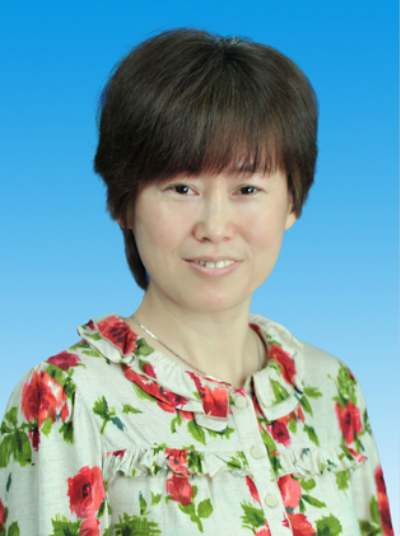Sounding the Alarm

On the morning of December 26, 2019, an elderly couple visited Hubei Provincial Hospital of Integrated Chinese & Western Medicine. At that time, Zhang Jixian, head of the respiratory department of the hospital, was on duty. The couple had symptoms that appeared similar to those of the common flu. To double check, Zhang asked them to undergo a lung CT scan. However, the scan results showed something totally different from the regular flu.
When Zhang saw the results of the CT scans, she suspected something was wrong. This alertness came from her experience as a senior doctor. During the SARS epidemic period in 2003, Zhang was a member of the expert group in Jianghan District in Wuhan, capital city of Hubei Province. At the time, she visited various hospitals daily to investigate the new disease. She is therefore acutely aware of the risks linked to an epidemic situation.
Zhang asked the couple’s son to come to the hospital and take the same test. Although he had no symptoms, the examination clearly showed that his lungs were infected. “In general, when a family comes to see a doctor, there is only one sick person. They do not all have the same disease at the same time, unless it is an infectious disease,” said Zhang.
Her intuition was quickly confirmed. The same day, a trader from the Wuhan South China Seafood Market visited the hospital. His symptoms and the results of his lung scan were identical to those of the family. It was then that Zhang became aware of how dangerous the situation was. On December 27 she reported the situation to her hospital peers who immediately informed the Jianghan District Disease Control Center.
Over the next two days, the hospital received more people with similar symptoms. Zhang continued to report the situation to her hospital, offering to hold a multi-service consultation. At 13:00 on December 29, experts ascertained that, in addition to having similar symptoms, most of the infected patients had some sort of contact with the South China Seafood Market.
The experts made the decision to report the situation to the disease control departments of both provincial and municipal health committees. On the same day after receiving the report, the committees asked another group of experts to visit the hospital to officially launch an epidemiological investigation.
Zhang had already put in place quarantine measures. By the morning of December 27, the four suspected cases had been isolated separately. She also warned medical staff that, “the disease could be contagious” and asked everyone to protect themselves. Up until the beginning of February, when the epidemic worsened in Wuhan, not one member of Zhang’s team was infected with the virus.
As a respiratory doctor, Zhang inspected 160 patients daily to better understand the disease and formulate treatment plans. She also led her team to rescue seriously ill patients.
For more than a month, she suffered from a severe lack of sleep and exhaustion. Her team had to do four hours of difficult work each morning while wearing heavy protective clothing. There was little time to eat, drink or even to go to the bathroom.
However, despite this hard work, the team never gave up. “No one complained. Everyone was doing their best,” Zhang said of her team. As the first doctor to report the novel coronavirus infection in Wuhan, she was awarded a merit for her performance in the fight against the pneumonia epidemic on February 6 by the Human Resources and Social Security Department and Health Commission of Hubei Province.
